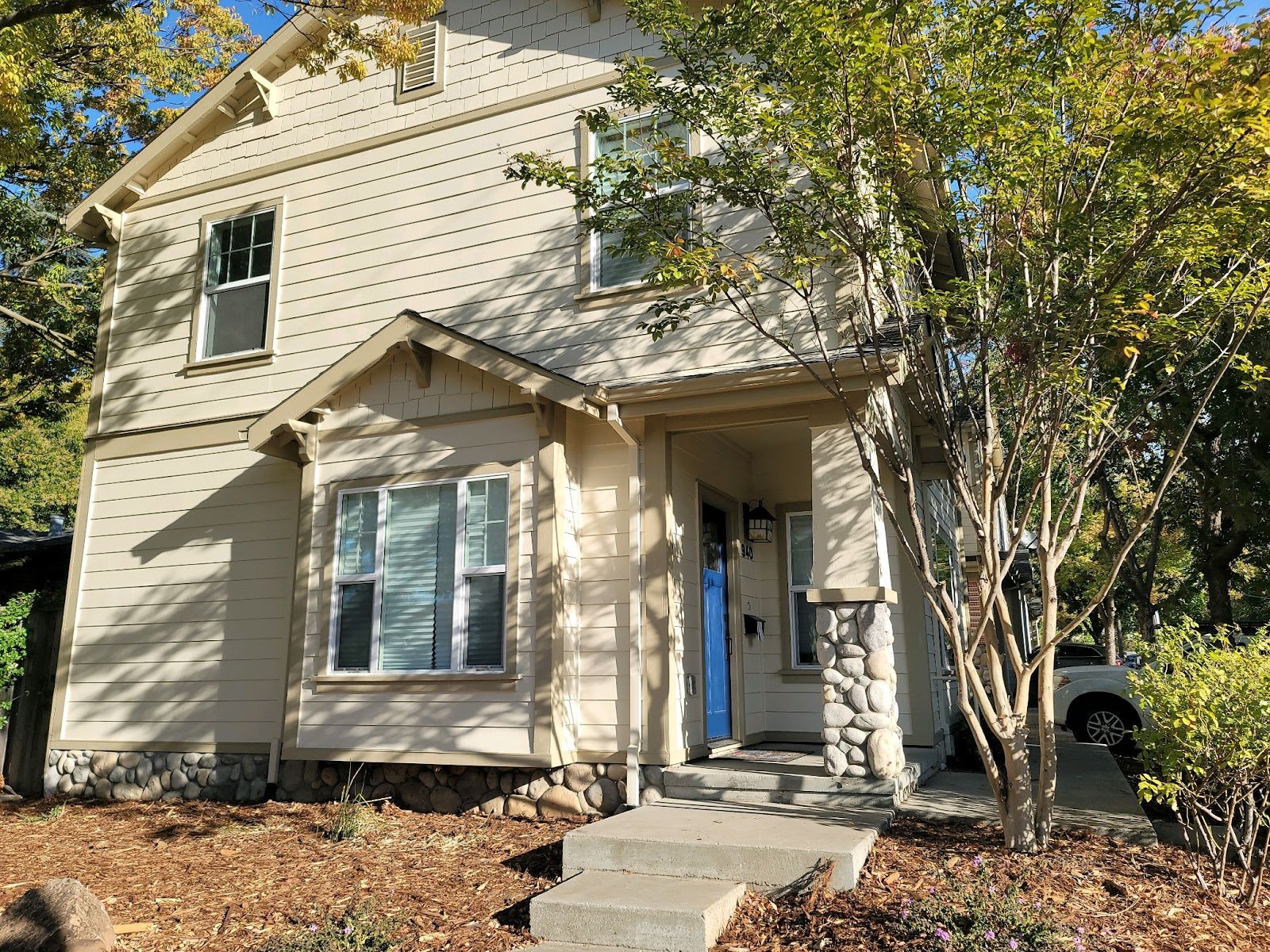Renovating an Old Home vs. Buying New Construction
A common dilemma when buying a new home is whether to purchase a brand-new property or invest in renovating an older home.
A new home is a significant investment and requires careful consideration. A common dilemma when buying a new home is whether to purchase a brand-new property or invest in renovating an older home. Both options have pros and difficulty levels, and the decision and the choice may differ for everyone.
Housing choice
The debate of old versus new usually comes down to location, budget, lifestyle, and convenience. People generally consider moving to a new home for various reasons, including an increase in family size, the current house requiring updates or significant structural repairs, and a job change that necessitates relocating.
Here are a few factors to consider and the pros and cons to weigh when deciding on the best option:
Cost of purchase
Cost is one of the major home purchase concerns. There is a significant gap between the price of new construction and older homes. Newly constructed homes cost more, while older homes are available at a much lower sales price. But it is easier to finance a new home as they can qualify for a higher mortgage. Buying an older home also allows for negotiations that can further reduce costs. One's budget will play a significant role in the decision.
Cost of repairs and renovations
Another factor to consider while deciding between a new home or resale property is how much repairs or renovation an older home will require. New homes are unlikely to need major repairs for a long time, while an older home will need some renovation to customize it according to the buyer's needs, increasing the overall purchase cost. However, older homes have architectural charm. Therefore, it is best to get an inspection to determine the renovation costs and property value.
Ownership cost
The purchase cost is one of many factors to consider while buying a new or older home. There are also ongoing costs associated with a property. For example, new homes are built with modern materials, use state-of-the-art techniques, and have better insulation, which makes them more energy efficient. On the other hand, older homes are less energy-efficient, which will increase the monthly utility costs. Also, older homes may soon require major replacements like pipes, HVAC, or other equipment.
Location
The location of the property is another deciding factor. Older homes have a more convenient location with proximity to amenities. On the other hand, newly constructed homes might be located in areas with limited access to these amenities and may require a longer commute to work.
Pros of new construction
Modern design, floor plan, and warranties
Large size
More energy-efficient
Low maintenance cost
All the electrical and plumbing are up to code
Smarter than old homes
Cons of new construction
High initial cost
It might mean a longer commute
There might be construction going on nearby
Pros of older homes
Closer to schools, shopping centers, and other amenities
Located in an established neighborhood
Less expensive
Have a better character, charm, and craftsmanship
Low tax profile
Major upgrades can add significant value
Cons of buying and renovating an old home
Tricky financing
Outdated floor plan and curb appeal
Renovation may require more investment
Higher utility bills
Unforeseen issues can occur
Make the best choice
Buying a property is a significant financial commitment. But, whatever the buyer decides, it should be in the family's best interest.
Clover Valley Home Service offers reliable service in plumbing, electrical, Trim Carpentry & Built-Ins, hardie board siding, stucco repair, and interior and exterior door. Our work is guaranteed. Call (916) 742-3141 today!

